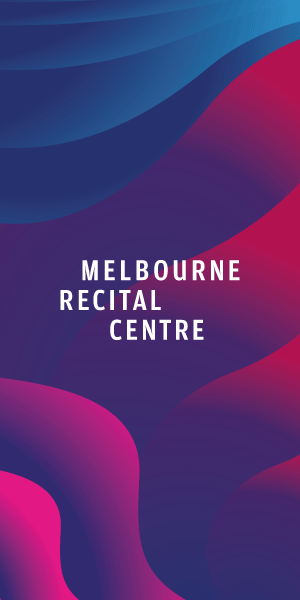What life is like as a refugee
Around 30 people attended a panel discussion “Your Voice, Our Voice, Responding to the Global Humanitarian Crisis” hosted by Carlton’s Mercy Hub as part of this year’s Refugee Week.
Refugee Week is Australia’s peak annual activity to inform the public about refugees and celebrate their positive contributions to Australian society.
The week aims to provide an important opportunity for asylum seekers and refugees to be seen, listened to and valued to create an open culture of welcome within Australia.
Juliet Talarico, programs and activities facilitator at Mercy Mission, Action and Spirituality Hub, describes Refugee Week as a platform; a jumping-off point to spark discussion and education.
“It is about raising an awareness and informing the public about refugees and celebrating them and their contributions to Australian society,” Ms Talarico said.
“We wanted our audience to have a human experience with refugees and listen to their story from a personal perspective rather than a sensationalised report on the news.”
“[These news stories] often focus on statistics and lawbreaking rather than the fact that people are fleeing conflict and often face the possibility of death.”
Ms Talarico said the aim of the discussion panel was for the attendees to feel a sense of connection and empathy with the speakers and understand their commonalities or differences.
Panellist Libby Saunders, the coordinator of the Brigidine Asylum Seeker Project, has worked in the refugee-asylum seeker sector for eight years.
She said during this time, refugee conditions had worsened, not improved.
“With the reduction of income support and a greater demand for services, people are having to beg from agency to agency for a permanent visa in order to sponsor family reunions,” Ms Saunders said.
Ban Maroky, a refugee from Iraq, arrived in Australia in the 1990s.
She spoke of her experiences of the war and trauma in her homeland.
The separation from her family members aggravated the situation.
“If your family is separated at the time your visa is provided, then the whole family does not leave at the same time,” Ms Maroky said.
“It happens that sometimes children and parents live separately, so they do not enter Australia together.”
There is also the issue of debt for new arrivals.
“The cost of airfares means many families face the added burden of repaying loans while trying to obtain accommodation, employment, and dealing with the government services such as Medicare and Centrelink,” she said.
Ms Maroky, a language teacher at the Victorian Department of Education and Early Childhood Development, said, “I pray the new [federal] government will somehow ease the trauma and the suffering for refugees who left family behind.”
Ms Talarico said the event facilitated great discussions, and the audience was enthralled with each of the speakers’ stories and comments. •

Residents win fight to save laneway from development in East Melbourne







 Download the Latest Edition
Download the Latest Edition